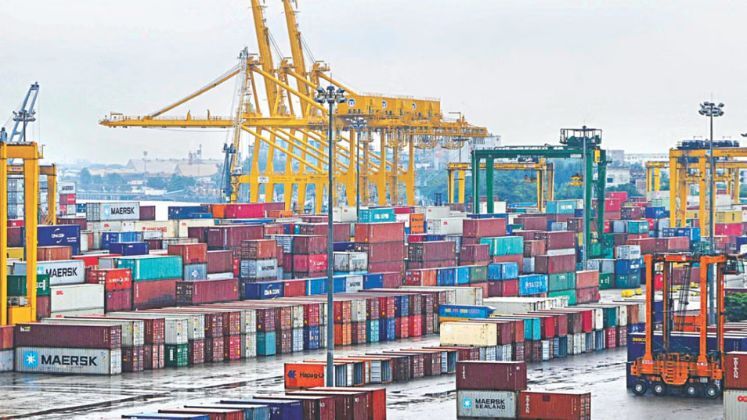
The Chittagong Port Authority (CPA) is preparing to assume operational control of the New Mooring Container Terminal (NCT), with final approval from the government still pending. The move comes ahead of the expiry of the current contract with private operator Saif Powertec Ltd, scheduled for 6th July.
On 18th June, a high-level meeting at the Ministry of Shipping reached an agreement, in principle, to transfer the terminal’s management to the CPA. Subsequently, the port authority has sought formal approval from the government through the ministry. However, as of now, CPA Secretary Md Omar Faruk has indicated that no written confirmation has been received.
“In the meantime, we are making all necessary internal preparations to operate the terminal for at least six months,” Faruk stated. “CPA is capable of arranging everything required for the job if the ministry gives the nod.”
Saif Powertec has managed the NCT since 2015, having been awarded the contract via a direct tender process. Meanwhile, the interim government has been in discussions with UAE-based port operator DP World for a potential takeover—an initiative that originated during the previous Awami League government but has faced political opposition.
Port users and industry stakeholders emphasize the importance of maintaining uninterrupted operations and high performance at the terminal, regardless of the management change. Mohammed Amirul Haque, chairman of Seacom Group, advocated for private sector involvement, suggesting that foreign operators, equipped with modern technology, could collaborate with local partners to boost productivity. He also called for open tenders to select private operators fairly and for the appointment of technically capable professionals within the CPA.
“Competent officials, including those from the Bangladesh Navy, are appointed at the CPA’s top management, but frequent transfers hinder continuity,” Haque remarked.
The RMG sector, Bangladesh’s largest export earner, has significant logistics dependencies on the port’s efficiency. Industry leaders stress that any transition must ensure seamless supply chain operations to prevent disruptions in the shipment of garments and related goods.
Syed M Arif, chairman of the Bangladesh Shipping Agents’ Association, underscored the need to maintain current performance levels and even seek improvements at NCT. Similarly, Fazle Ekram Chowdhury, president of the Berth Operators and Terminal Operators’ Association, noted that the CPA could manage NCT temporarily, as most handling equipment is owned by the authority and only manpower and prime movers would be needed.
However, Nurul Qayyum Khan, president of the Bangladesh Inland Container Depots Association, raised concerns about the equipment gap at NCT compared to inland depots, suggesting that involving a foreign operator could enhance efficiency and productivity, an essential consideration for safeguarding the supply chain, especially for the RMG sector.
As the countdown to the contract expiration continues, stakeholders urge a transparent and competitive process to ensure the terminal’s management aligns with national economic interests, particularly the vital RMG industry that relies heavily on port operations.






